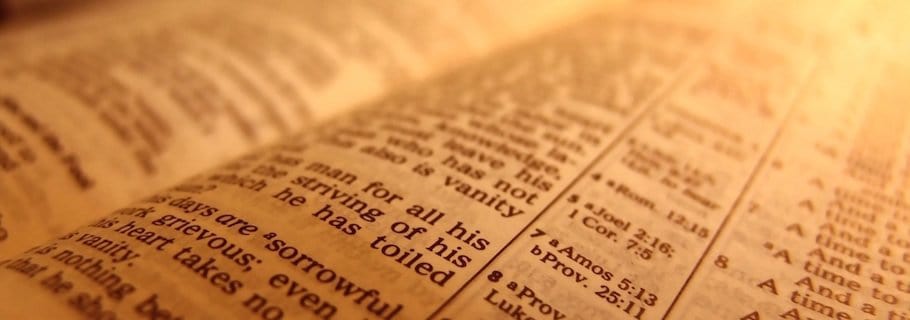I mentioned recently that part of the joy of being Reformed is entering into an existing, defined stream of theology. (See Use Your Catechism, Silly.) As Reformed believers, we have a well-defined reference library of creeds, confessions, and catechisms, and it is wise to ground ourselves in this established body of truth. To that end, here are a few resources that may prove helpful as you explore them for your own purposes or teach them to your children.
Training Hearts, Teaching Minds and Comforting Hearts, Teaching Minds by Starr Meade. Meade has written two similar books meant for family devotions. Training Hearts, Teaching Minds devotes six devotional readings to each of the Westminster Shorter Catechism’s 104 questions and answers. Thus, it can be completed in two years based on six devotions per week. Comforting Hearts, Teaching Minds devotes six devotional readings to each of the Heidelberg Catechism’s 52 Lord’s Days (or sections). Thus, it can be completed in one year based on six devotions per week. The publisher says, “This book of daily readings aids memorization by devoting six days and meditations to each question. It explains the catechism in simple language, includes key Scripture readings, and takes just a few moments each day, allowing time for discussion and review.”
My family is currently using and enjoying Comforting Hearts, Teaching Minds and finding it ideal for our brief early-morning devotion. Each morning I read the catechism’s question and answer, the devotional, and then the associated Scripture passage(s). By reading the question and answer every day for six days, the family begins to gain familiarity with it; by reading the associated Scripture passage, they learn that the catechism is meant to explain, not replace the Bible.
Big Beliefs! by David Helm. This family devotional is geared to ages seven through twelve and traces the Westminster Confession of Faith. We recently completed it as a family and enjoyed it a lot. It offers thirty-three lessons, each of which contain three devotionals. The publisher describes it this way: “Big Beliefs! is a devotional expressly intended to enable parents to succeed and children to grow in grace and knowledge. Three weekly readings accompanied by suggested Scripture passages introduce and simply explain thirty-three key theological concepts found in the Westminster Confession of Faith (included in its entirety, in modern English). Questions following each reading will help you to start a conversation about what you have learned each day. This nonthreatening, encouraging devotional will make a comprehensive beginning to your child’s understanding of Christianity’s big beliefs.”
The Good News We Almost Forgot by Kevin DeYoung. One of DeYoung’s lesser-known books, this one is based on the Heidelberg Catechism of the Dutch Reformed tradition. The publisher describes DeYoung’s book like this: “In The Good News We Almost Forgot, Kevin DeYoung explores the Heidelberg Catechism and writes 52 brief chapters on what it has shown him. The Heidelberg is largely a commentary on the Apostle’s Creed, the Ten Commandments, and the Lord’s Prayer, and deals with man’s guilt, God’s grace, and believers’ gratitude. This book is a clear-headed, warm-hearted exploration of the faith, simple enough for young believers and deep enough for mature believers.” This one is ideal for personal reading.
The Heidelberg Catechism, The Westminster Shorter Catechism, and The Westminster Confession of Faith by G.I. Williamson. These three books are study guides that were created for use in classroom situations. Each guide moves through the catechism or confession, explains it, and asks questions for review and application. They have been in use for many years and have proven their worth.
I am certain there are more resources like these, perhaps especially in the Baptist tradition. But this list represents the books I am familiar with and the ones I have used.










